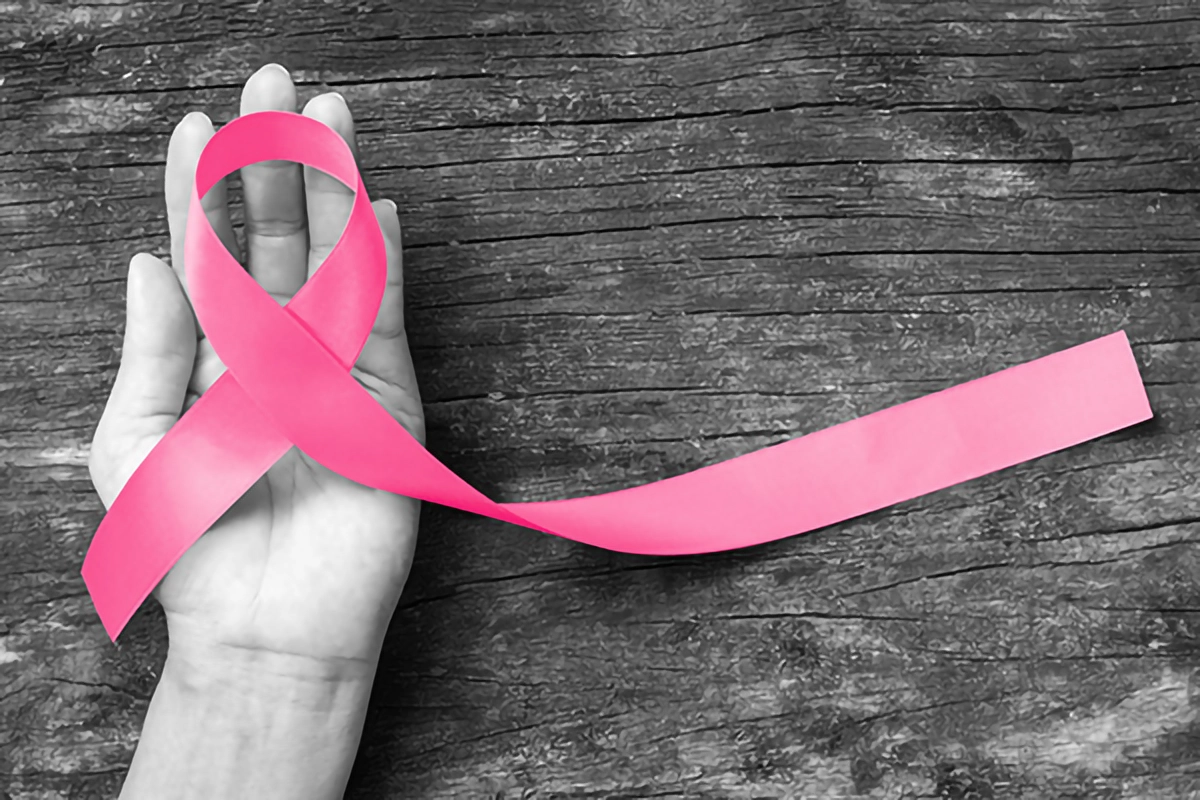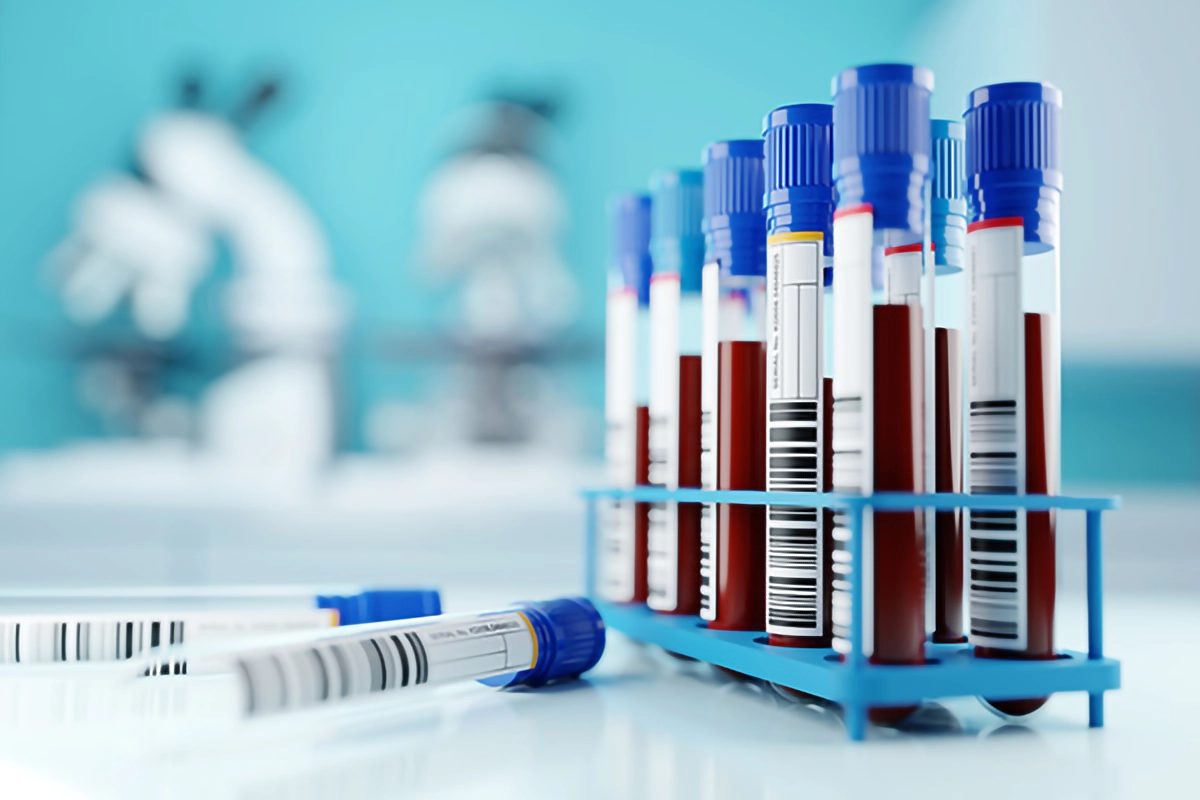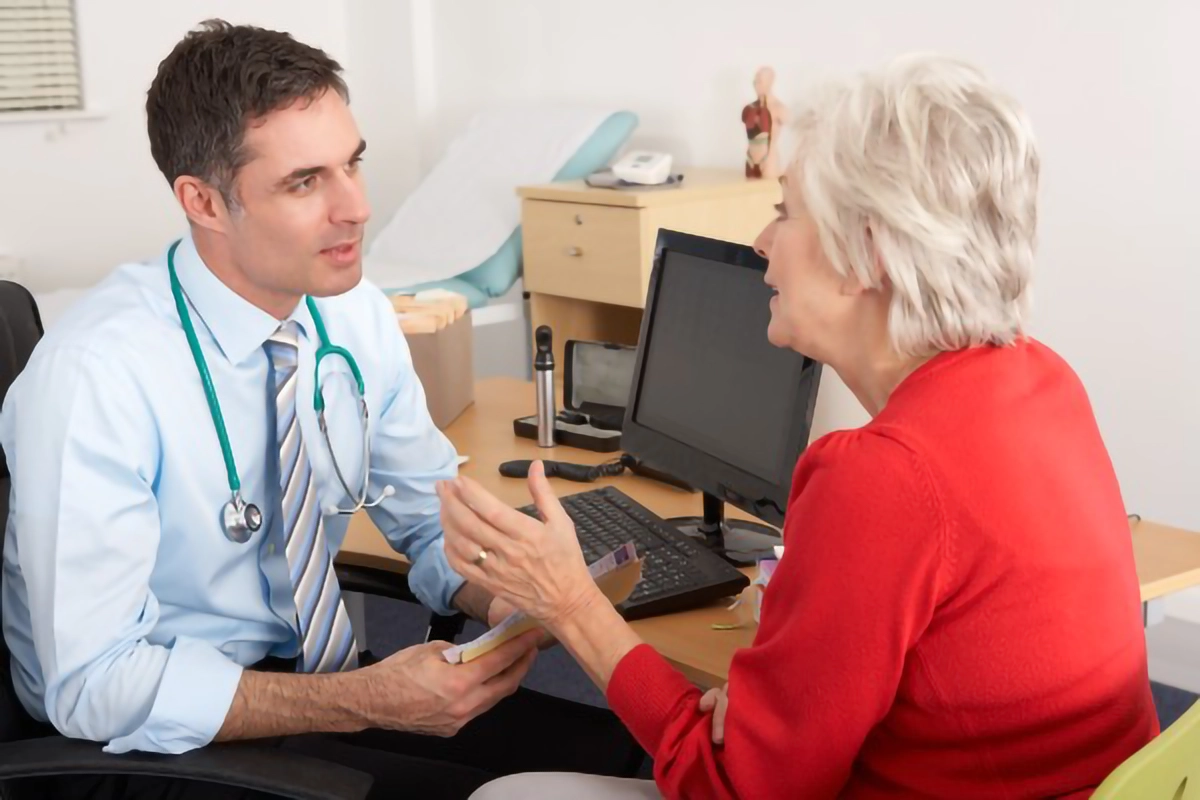We use cookies to help provide you with the best possible online experience.
By using this site, you agree that we may store and access cookies on your device. Cookie policy.
Cookie settings.
Functional Cookies
Functional Cookies are enabled by default at all times so that we can save your preferences for cookie settings and ensure site works and delivers best experience.
3rd Party Cookies
This website uses Google Analytics to collect anonymous information such as the number of visitors to the site, and the most popular pages.
Keeping this cookie enabled helps us to improve our website.
Your urgent suspected cancer referral
What is an urgent suspected cancer referral?
Your GP, nurse or dentist has arranged for you to have tests or see a hospital doctor (specialist).
This is to investigate your symptoms and find out what is wrong. Most people will not have cancer, but if you do, early diagnosis and treatment are important.
You will get your appointment as soon as possible. It might be a phone appointment or at the hospital.

01. Receiving an urgent referral
You may get your appointment by post or over the phone. If you have a phone call, the number might not display. Please do answer.
It’s important that you go to all your appointments. If you can’t attend, contact the hospital to rearrange.
If your symptoms change, get worse, or if new symptoms develop, contact your GP surgery.
Handy Hints:
- Check your GP has your current contact details.
- If you don’t get appointment details in 10-14 days, contact your GP surgery. Tell them it’s an urgent suspected cancer referral.
More than 9 in 10 people referred this way are not diagnosed with cancer.
02. Going to your appointment
You may be sent straight for tests, or you might speak to a specialist first.
Handy Hints:
- Make sure you know where you’re going.
- Check if you can take a family member or friend with you for support.

03. Having tests
You should receive information about your tests and anything you need to do before. You may need to have more than one test on different days.
Handy Hints:
- Ask how you will get your results and how long it will take.
- You can find information about different tests here.
04. Getting results
You might get your results in person, over the phone or by letter. You may need to have further tests.
Handy Hints:
- If you’ve been waiting longer than expected for your results, contact the service that provided your original appointment.
- You can also contact your GP surgery to let them know you are still waiting
What happens if I have cancer?
We know this is a difficult and worrying time. Help and support are available for you and those close to you.
You will be given lots of information by your healthcare team.
For more information about cancer visit here.
What happens if I don’t have cancer?
If you are not diagnosed with cancer, it’s still important to listen to your body. Contact your GP if you notice any new or unusual changes or if your symptoms don’t get better. A health scare makes some people think about improving their general health. If you’d like to find out more about making healthy changes visit here.

What questions can I ask?
- f my symptoms get worse, who should I contect?
- Should I make any changes to the medicines I take?
- What tests do I need and how long will they take?
- What are the benefits and risks of the tests?
How to find out more
Visit the Cancer Research UK website. To speak to a nurse for advice or support, call our free nurse helpline on 0808 800 4040.
If you have any questions about Cancer Research UK or would like to support our work, call 0300 123 1022 or visit here.
Published: Jul 24, 2025
Providing NHS Services
Contact
Holland House Surgery
Lytham Primary Care Centre
Victoria Street, Lytham
FY8 5DZ
Freckleton Health Centre
Douglas Drive, Freckleton
Lancashire, PR4 1RY
Telephone: 01253 229470